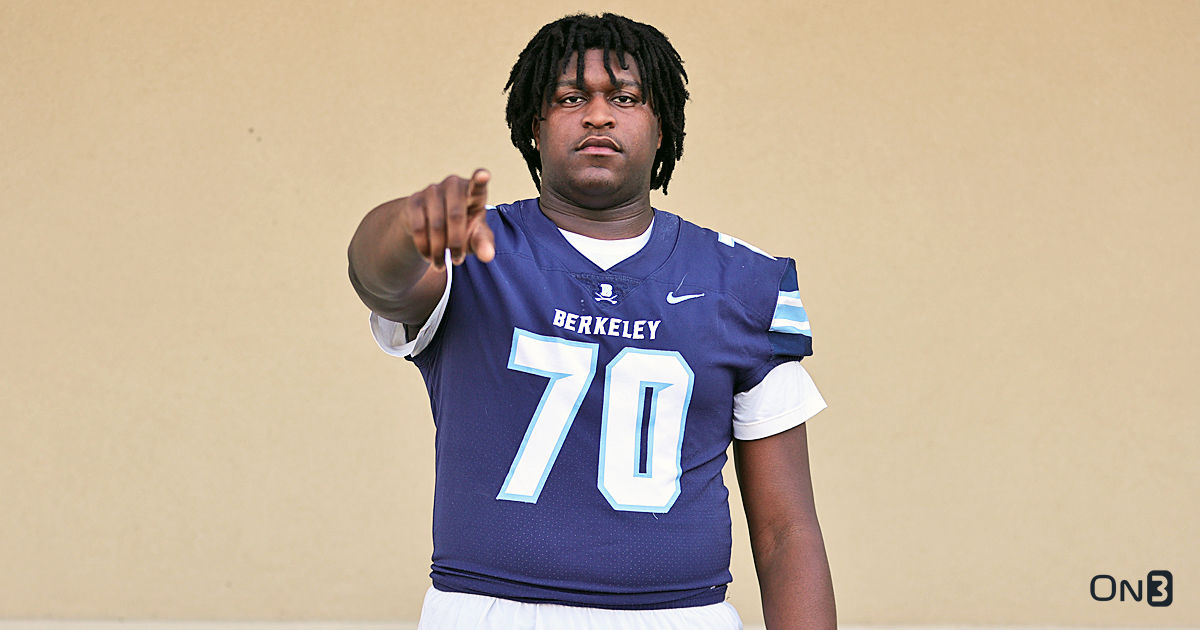Is the WNBA Refusing to Share Growth? Nneka Ogwumike and Congress Join the Fight!

Published: 2025-09-14 15:30:00 | Category: politics diplomacy GNEWS Search
As the WNBA regular season reaches its conclusion, the Women's National Basketball Players Association (WNBPA) has gained significant Congressional support in its ongoing labour negotiations with the league. With a deadline looming on 31 October, the Democratic Women's Caucus (DWC) has urged WNBA Commissioner Cathy Engelbert and team owners to "bargain in good faith" to secure a fair agreement that reflects the league's growth and the players' contributions.
Last updated: 28 October 2023 (BST)
Overview of the Current Negotiations
The WNBA is at a critical juncture in its history, with increasing visibility, attendance, and revenue generation. However, the players argue that their compensation does not reflect the league's financial success. The WNBPA is advocating for a new revenue-sharing model that would allow players to receive a fairer share of the profits generated by the league, which is currently operating under a fixed salary cap system. This article delves into the current state of negotiations, the positions of key stakeholders, and the potential implications for the league and its players.
Key Takeaways
- The DWC is advocating for fair labour negotiations between the WNBA and the WNBPA.
- WNBA players demand a revenue-sharing model to better reflect the league's financial growth.
- The league has seen record attendance and viewership, indicating substantial growth.
- A potential lockout looms if negotiations do not reach a satisfactory conclusion by the deadline.
- Congressional support highlights the increasing visibility and importance of women's sports.
The Call to Action from Congress
In a letter sent to the league, Congress members from the DWC expressed their support for the WNBPA and urged for a fair negotiation process. Nneka Ogwumike, WNBPA president and Seattle Storm forward, highlighted how significant this backing is for the players. She stated, "The fact that you are vocal supporters of women's sports is tremendous." This support comes as the WNBA experiences unprecedented growth in various metrics, including ticket sales and viewership.
Financial Dynamics of the WNBA
The current collective bargaining agreement (CBA) has been a point of contention, primarily revolving around revenue-sharing arrangements. Under the existing CBA, WNBA players do not receive a share of the league's revenues from various streams, including TV deals and merchandise sales. This contrasts sharply with other major sports leagues. For instance, NBA players receive between 49% and 51% of shared revenues, while NFL and NHL players receive similar percentages. This discrepancy raises questions about equity in professional sports.
Historical Context of WNBA Growth
The WNBA has made significant strides since its inception, breaking attendance records and expanding its fan base. This year, the league attracted over 3.1 million fans to regular-season games, surpassing previous records. The introduction of a 13th team in the Bay Area is set to further expand the league's reach. The increasing valuations of teams, with expansion fees reportedly reaching £250 million, underscore the financial boom within the league.
The Players' Position
Ogwumike has voiced the players' frustrations regarding the opposing stance of team owners in negotiations. She stated, "We are negotiating with the league and at least seven -- and who knows, maybe all 13 teams -- that seem unwilling to share in the growth that we are driving." This sentiment has been echoed by other players who seek a financial framework that aligns with the league's success.
Challenges in Negotiations
The WNBPA's push for a new financial model is met with resistance from team owners, who prefer maintaining a fixed-cost structure. This model limits salary increases to a mere 3% per season, which does not adequately reflect the league's financial trajectory. The tension between players and owners raises the stakes as the 31 October deadline approaches, with little progress reported in negotiations.
Potential Consequences of a Stalemate
If the negotiations do not yield a satisfactory agreement by the deadline, the possibility of a lockout looms large. Elizabeth Williams, a forward for the Chicago Sky and WNBPA executive secretary, has indicated that players have been preparing for this scenario. While the WNBA has never experienced an official work stoppage, a lockout could severely impact the 30th season next summer, with ramifications for local economies reliant on game-day traffic.
The Economic Impact of the WNBA
Congressional representatives have emphasised the economic implications of a potential work stoppage. For instance, Rep. Angie Craig pointed out the significant revenue generated by WNBA events for local businesses. The loss of home games would lead to considerable economic repercussions for cities hosting WNBA teams, particularly in downtown areas where foot traffic is crucial.
Public Sentiment and Support
The public's growing support for women's sports is evidenced by increased attendance and media coverage. The DWC's involvement in advocating for the players reflects a broader recognition of the importance of fair compensation for women athletes. Craig's assertion that "if we're serious about equal pay for equal work, we have to demand fair wages for women athletes" resonates with many who advocate for gender equity in sports.
Future Directions for the WNBA
Looking ahead, the WNBA plans to introduce five new teams by 2030, indicating continued expansion and growth. However, the outcomes of the current negotiations will be pivotal in determining the league's trajectory and the players' financial future. The WNBPA's call for a salary system tied to the league's business performance is aimed at ensuring players' compensation reflects their true value.
The League's Response
Commissioner Cathy Engelbert has maintained that the league's focus is on building a sustainable economic model. She stated that while the league aims for a fair deal, it must operate within financial constraints. This highlights the ongoing struggle to balance player demands with the economic realities facing the league.
Conclusion: The Call for Fairness
The negotiations between the WNBPA and the WNBA are emblematic of a larger conversation about equity in women's sports. As the league stands at a crossroads, the outcome of these discussions will not only affect the financial well-being of the players but also the future growth and sustainability of the league itself. The call for equitable compensation is not just a demand for higher salaries; it is a demand for recognition of the value that female athletes bring to the sports world.
As we await the final negotiations, it remains crucial for all stakeholders to engage in meaningful dialogue to ensure that the WNBA can continue its upward momentum while providing fair wages to its players. How will the league respond to the calls for equity? The answer could shape the future of women's professional sports for years to come. #WNBA #WomenInSports #EqualPay
FAQs
What is the current state of WNBA labour negotiations?
The WNBA is in negotiations with the WNBPA over a new collective bargaining agreement, focusing on revenue sharing and player compensation ahead of a 31 October deadline.
Why is Congressional support important for the WNBPA?
Congressional support highlights the significance of the players' demands and amplifies calls for fair negotiations, potentially influencing the league's approach to bargaining.
What happens if a new CBA is not reached by the deadline?
If an agreement is not reached, the WNBPA may face a lockout, which could delay or cancel the upcoming WNBA season, impacting local economies reliant on the league.
How does the WNBA's revenue-sharing model compare to other leagues?
Currently, WNBA players do not receive shared revenues, whereas players in leagues like the NBA, NFL, and NHL receive significant percentages of shared revenues, highlighting inequities in compensation.
What are the implications of a potential lockout for players and fans?
A lockout would prevent players from participating in games, leading to financial losses for both the athletes and local businesses, while also disappointing fans eager to support their teams.



